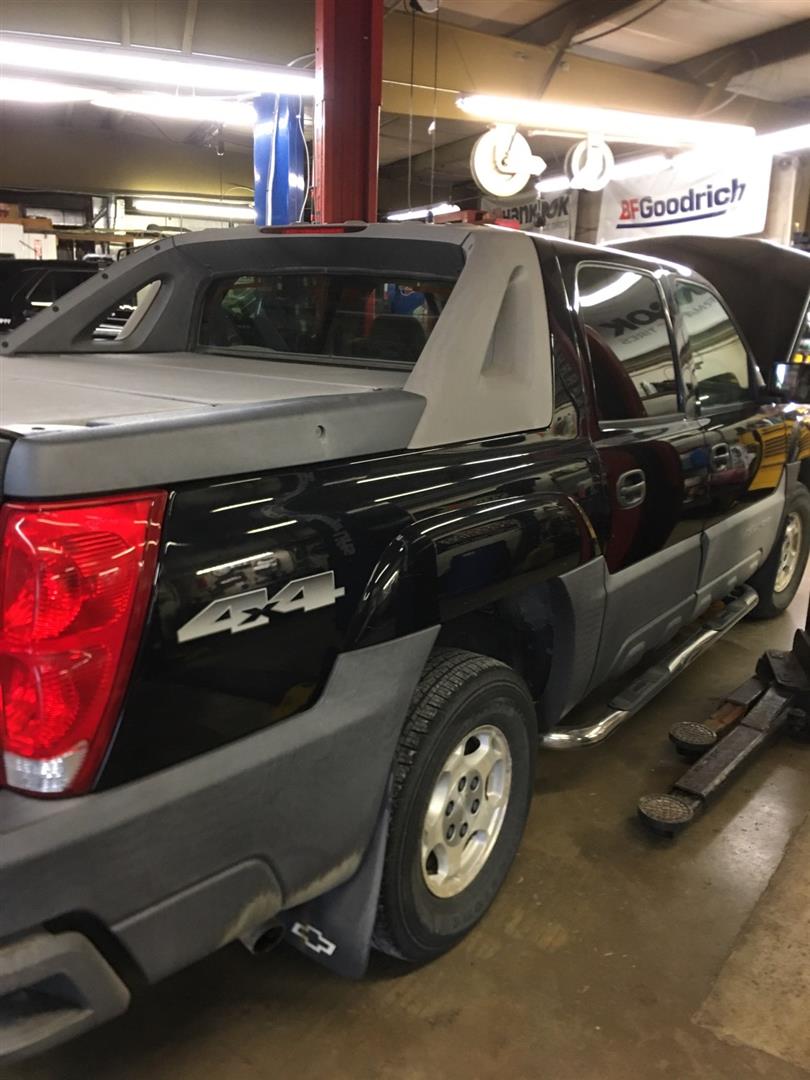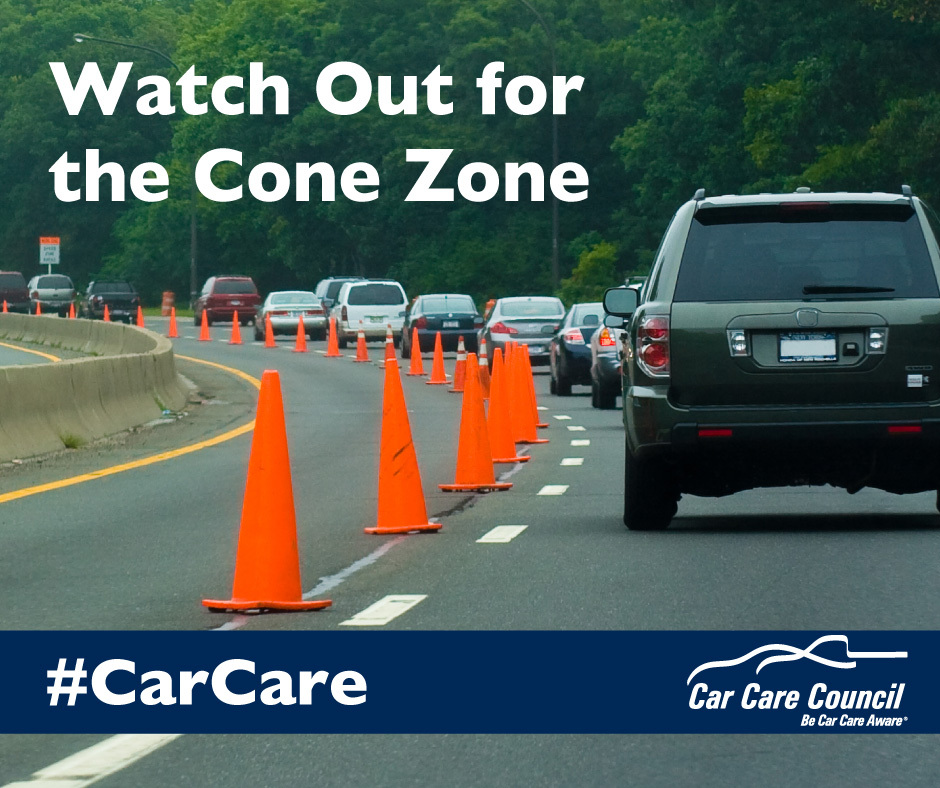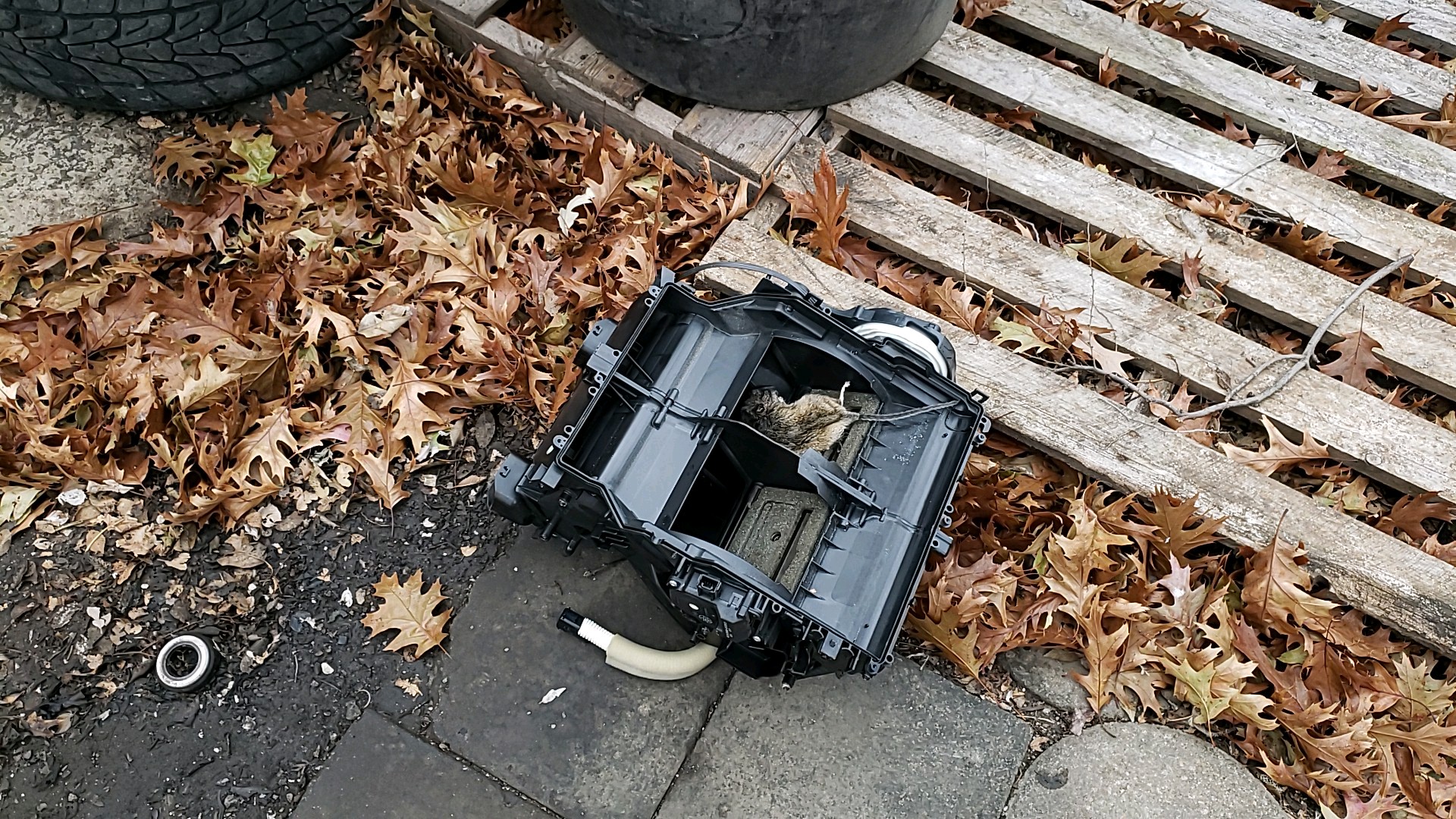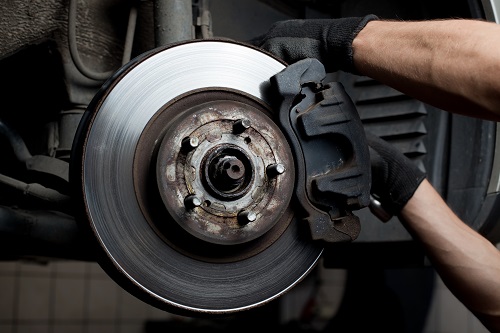Posted on 9/8/2020

We are considered the truck specialist in Gardner and Olathe. Here is a list of some of the repairs truck owners have come to Bret's to have done. RUCK REPAIR Transfer case service/repair Rear differential service/repair Front differential service/repair Locking hub repair Coil-over shocks Mud tires Axle/axle seal repair Hitch installation Transmission cooler Lift kit installation Leveling kit installation Heavy-duty transmission Diesel service/repair Turbo diesel service/repair Cummins service/repair Powerstroke service repair Duramax service/repair Ecoboost repair Coyote repair Ecotec repair Four-wheel drive repair 4x4 repair 4WD repair
Posted on 8/10/2020

Summer is the main season for “cone zones,” road construction where you will likely hit a bump or two, or come across loose stones and other hazards. These rough road conditions can be tough on a vehicle’s steering and suspension system and can throw out the alignment, while loose stones have the potential to damage the vehicle’s exterior or windshield, according to the non-profit Car Care Council. “Even the most careful motorist, who is driving slowly and carefully through road construction, is bound to hit an unexpected bump or other road hazards,” said Nathan Perrine, executive director, Car Care Council. “Be sure to pay attention to your car and if you think there’s a problem, have it taken care of as soon as possible.” The main symptoms of steering and suspension or wheel alignment problems are uneven tire wear, pulling to one side, noise and vibration while cornering or loss of control. The council recommends ... read more
Posted on 1/7/2020
Driving through a seemingly innocent hole in the road could result in costly car damage. Know the five best ways to avoid pothole damage 1. Check Tires Frequently inspect your tires to ensure they are properly inflated and do not have significant wear. If you hit a pothole with worn or underinflated tires, there is a greater risk of wheel or suspension damage. Inflate tires according to your vehicle manufacturer’s recommended tire pressure levels. Find this information on the door jamb sticker and in your owner’s manual. Do not use the pressure levels molded on the tire sidewall. To check the tire tread depth, insert a quarter upside down into several tread grooves. If the top of Washington’s head is visible, it’s time for new tires. How to properly check tire tread 2. Inspect Suspension Make certain struts, shock absorbers and other suspension parts are in good condition. Changes in vehicle handling, excessive vibration or uneven tire wear can indicate da ... read more
Posted on 1/5/2020

No Annual FeesAbility to request a credit limit increaseEnroll in and customize account alerts$0 Fraud Liability24/7 secure online account access From Headlight to Taillight use your Synchrony Car CareTM Credit Card for everything your car needs to stay on the go, including tires, brakes, repairs, maintenance, even gas and more!
Posted on 12/17/2019

Rats, Squirrels, Mice! You can buy the most reliable car on Earth and still find convoluted electrical gremlins, fluid leaks, and even outright failure when rodents take up residence and begin chewing on wiring, hoses, plastic, and other critical car parts. But we’ve found a deterrent for these four-legged destroyers. Rodent-inflicted damage is an age-old problem that some observers say is increasing as automakers use more plant-based biodegradable materials to reduce waste. It turns out that rodents sharpening their teeth and feasting on cars are more prevalent than you might think. We uncovered various technical service bulletins from Ford, GM, Honda, Toyota, and Subaru instructing their technicians how to remedy chewed wiring harnesses. So many people have been looking for solutions that the topic has trended on Reddit. Readers posted several ... read more
Posted on 11/11/2019

Batteries are a huge part of modern life. I mean, how many battery chargers do you have? Of course, our purpose here is to talk about your car battery. When people come into our service center and need a new battery, they're really not that happy about having to spend the money. But the fact is that 70% of batteries don't make it for 4 years. There are some things that you can do to extend the life of your battery. First, keep it clean. If you see it getting dirty or greasy, let us know and we can clean it off. A dirty battery runs hotter and that shortens its life. If your battery terminals are corroded, let us take a look at that too. We can clean them, and if the corrosion has gotten into the battery cables, we can replace them. Also running your battery way down is bad for it: Things, like running the headlights or watching a DVD player with the car turned off, can deeply deplete your battery. The typical battery can only take about 10 of those deep cycl ... read more
Posted on 10/15/2019

If you feel a slight shudder or vibration coming through your brake pedal when you stop, it could be a sign you need some brake work done. That gets you thinking how long will your brakes last! Many factors determine how long your brakes will last. Do you drive on highways more than city roads? Do you love jackrabbit starts and squealing stops? Do you drive in the mountains? Do you haul a trailer, boat, bulky items? Do you have a hybrid or electric vehicle? You may have regenerative brakes that help your vehicle stop, and reduce wear and tear on the pads and rotors. Ask a Bret's Service Advisor for more details. How long you brakes last depends on different things, and there's no hard and fast rule. But here are few signs you might need some brake work: You are pushing much harder on the brakes than you did before. Your brakes squeak, rattle, or grind Your vehicle is pulling to one side when you put on the brakes. Bret's Autow ... read more
Posted on 9/30/2019

You may all know Leo Murry as a great mechanic, business owner, awesome father, and husband, but did you know he is also a beekeeper? A few years ago, Leo’s son, Hudson, needed to write an essay for a school project. Hudson is homeschooled, and his mom is his teacher. Hudson thought beekeeping might be a fun subject to explore, so they headed to Bee Fun Days. His essay was entered into a contest, and it was so good, he won the prize! The prize was a Langstroth Hive, which was patented in 1952 by Pastor Langstroth. Hudson also won tools, a colony of 5,000 bees, and a queen bee! What started as his son’s school project has now become a passion for Leo and his wife, Sara. Because he is a beekeeper, Leo has been stung plenty of times, but he has not let the stings deter him. They have had four hives, and each hive has been considered a colony with up to 15,000 bees and a queen in each one. Every hive can generate up to 70 pounds of honey! That’s a lot of honey. Leo and S ... read more
Posted on 5/6/2019

When asked, most people think they are good at multi-tasking. Scientific studies, however, reveal that only around 2% of the population can truly demonstrate the capacity to effectively multi-task. For the rest of us who are not so biologically wired, no amount of practice can increase our effectiveness at multi-tasking. Turns out, multi-tasking is almost a superpower. Think of fighter pilots: capable of maintaining their orientation in three-dimensional space and performing specific and highly complicated functions while accessing life-threatening situations and coming up with an appropriate response. Admit it – you can’t do that. When it comes to driving, we seem to think we are very capable of safely operating a motor vehicle with a myriad of distractions. 77% of young adults feel somewhat confident that they can safely text and drive while 55% claim ... read more
Posted on 3/25/2019

We've all heard a car or truck in our Olathe and Gardner neighborhoods that needs a new muffler. But there's more to the exhaust system than just the muffler. Exhaust gas is poisonous. You don't want it getting into the passenger compartment. For example, carbon monoxide can be deadly. That's why you should never run your engine in a closed garage. If you have a leak in the exhaust system, exhaust could get into the passenger cabin and make you sick or even kill you. If you smell exhaust in the vehicle, roll down your windows and get it inspected. You may smell or see exhaust coming from the engine compartment or under the vehicle if you have a leak. Sometimes the sound from an exhaust leak is loud and obvious. Sometimes it's a ticking sound when you start the engine that goes away as you drive. That could be a small crack or a bad fitting that leaks when it's cold but seals up when the metal heats and expands. Now, let's address the environm ... read more